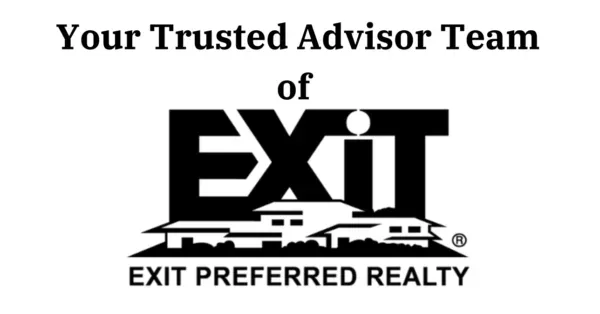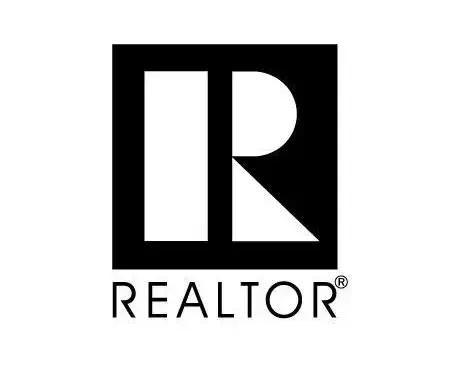
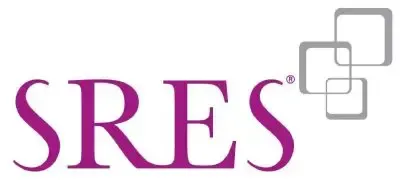
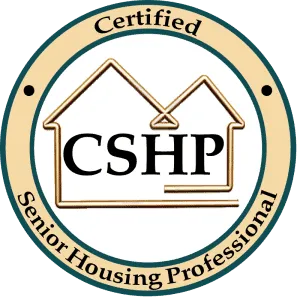

Senior Resources
We want you to love where you live during this next chapter of your life. Take the stress out of moving and downsizing. Connect with a Senior Real Estate Specialist Today!
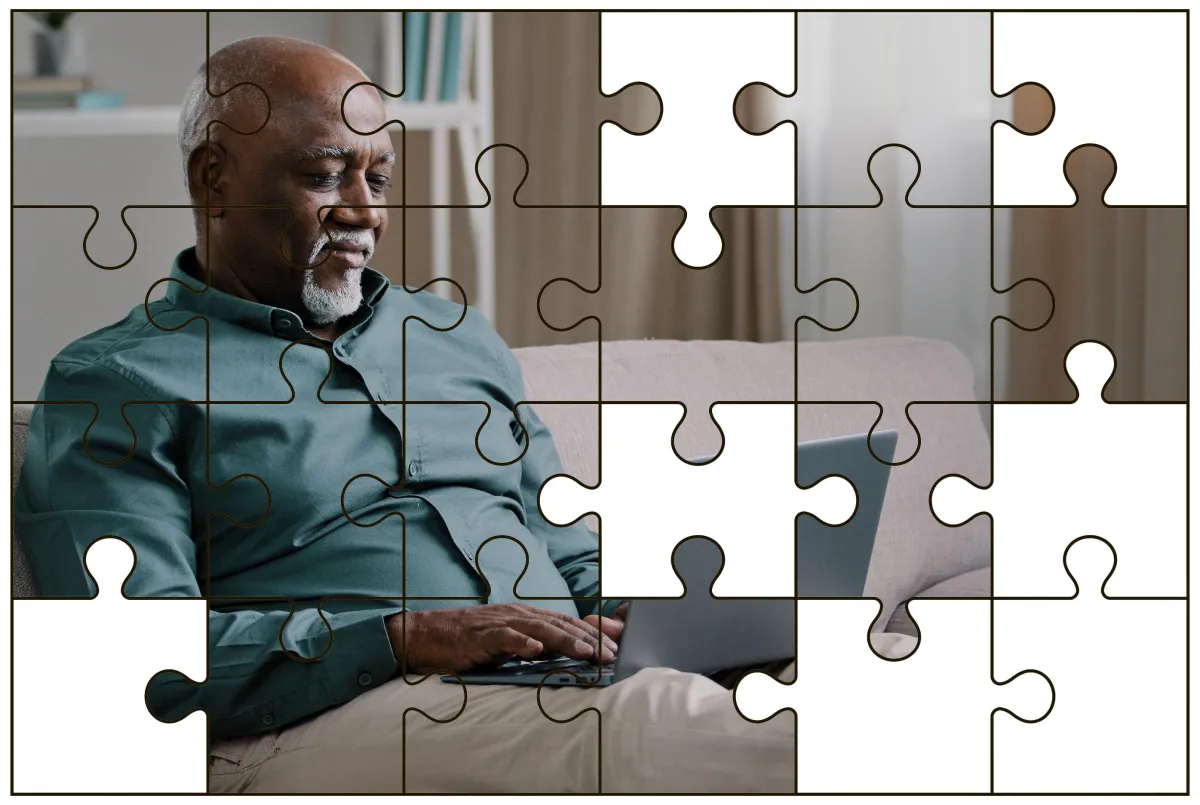

SENIOR PLACEMENT SERVICES
Senior placement agencies work with seniors and family members to help to determine what type of care is needed and what types of communities are available.
ACTIVE 55+ COMMUNITIES
Planned adult or active adult communities and 55+ communities are characterized by clusters of apartments and condominiums, or single-family homes built around a core of services and amenities. A governing body administers a set of covenants, codes, and restrictions to which property owners and renters are required to comply. Residents can own their property and the governing entity deals with the policies of the community facilities, property requirements, as well as charges and assessments for an association of homeowners.
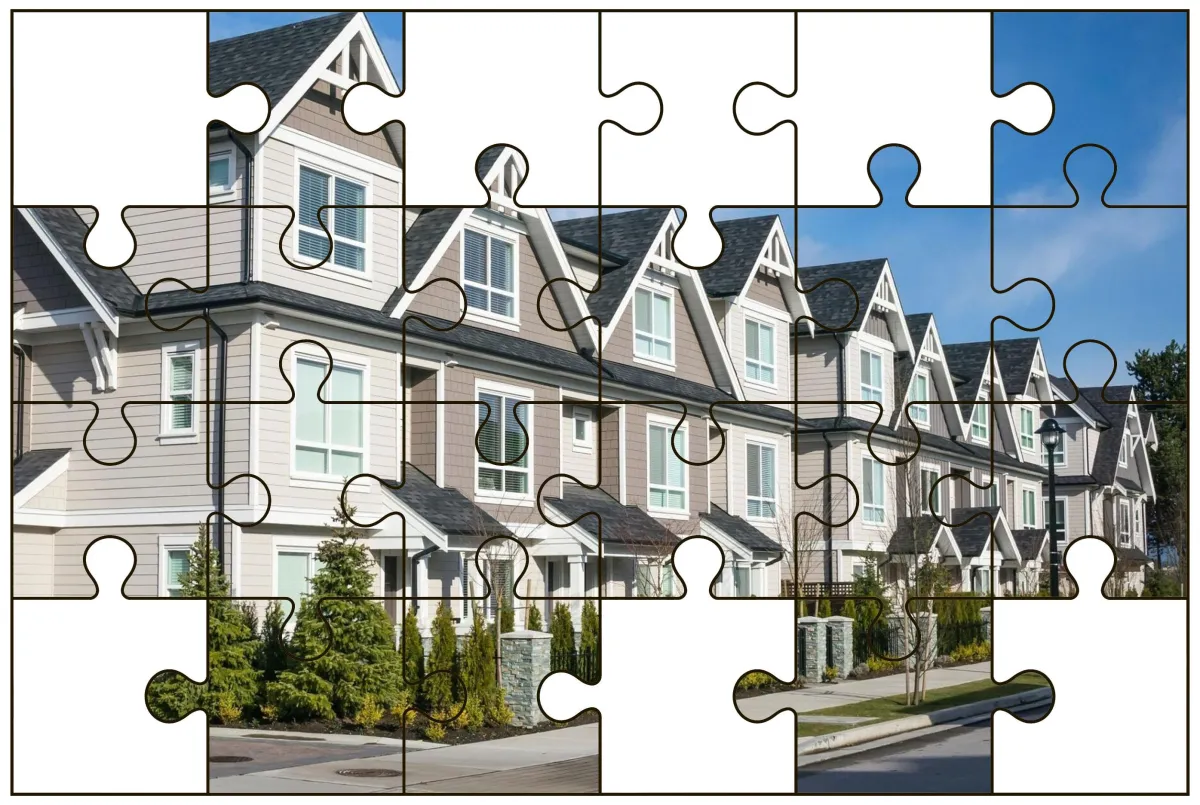

INDEPENDENT SENIOR LIVING
Independent Senior Living Communities (IL) are not licensed and offer a variety of services. Some are affiliated with churches, schools, or other community programs. They usually have a minimum age requirement and rent from month to-month. Medical care is not provided, but most will arrange for independent home health services if needed on a short-term basis. Residents requiring on-going medical care need to make other arrangements for housing. Independent Senior Living communities typically offer full or partial kitchens, some meals in a common dining room, housekeeping, paid utilities, laundry facilities, 24-hour staffing and private areas for tenant use. Since these communities are not subject to the same regulations as licensed communities, they charge a competitive rate for rent and services. A Senior Real Estate Specialist can offer more insight into these options.
ASSISTED LIVING
Assisted Living Communities (AL) are a popular solution for individuals who are no longer able to or who no longer wish to continue with the responsibilities of maintaining a home. Sometimes residents need some assistance with activities of daily living (ADLs), such as bathing, dressing, grooming, housekeeping, and medication monitoring. Residents are free to come and go as they please, and they have access to in-house amenities such as hair salons and spas. Assisted living communities are typically private pay and vary In price. They are rented on a month-to-month basis, though some may require a lease agreement. Apartments are small and tend to include a kitchenette. Meals are provided in a common dining area, usually three times daily. A Senior Real Estate Specialist can talk through these options with you and your family.


MEMORY CARE
Memory Care is sometimes provided in a separate section of a Skilled Nursing Community that is devoted to patients with dementia, while others are standalone communities. Some Continuing Care Communities include special areas to care for seniors with Alzheimer’s or dementia as well. Such areas are typically secured, requiring codes for access in and out, which helps safeguard the residents who are apt to wander. Since all specialized units differ, it is important to ask questions and tour the entire community, to get a feel for the overall care provided and the services offered.
CONTINUING CARE RETIREMENT COMMUNITIES
Continuing Care Retirement Communities (CCRC) allow for residents to have multiple living options as they age. The level of care to be stepped up as needed – often at an additional cost and a different location but within the same campus. Sometimes there is an entrance fee and sometimes it is a month-to-month rent schedule. Each community is different. A Life Care contract, sometimes referred to as an “extensive care plan” is similar to Long-Term Care insurance. It stipulates that the senior will remain in the community for the rest of his or her life (excluding acute care), with no cost increase except for normal, yearly inflation. It is important to ask about their payment options when visiting these communities.
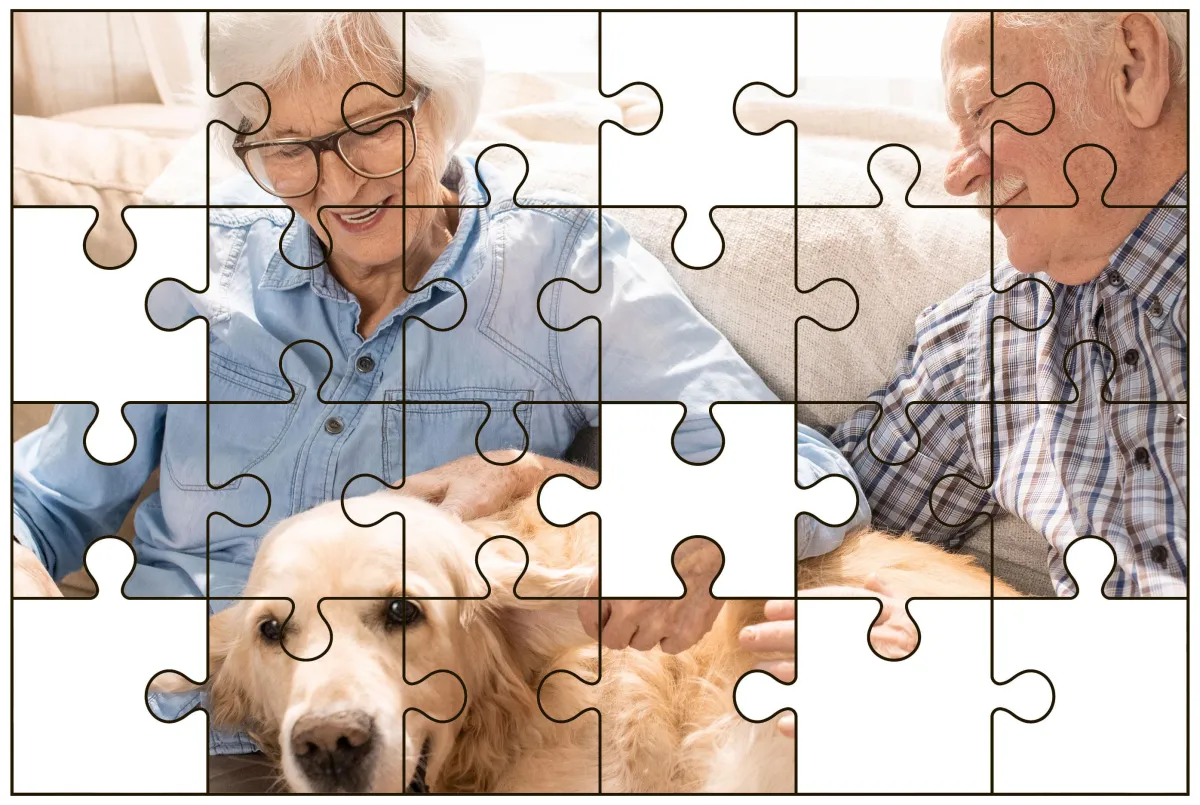
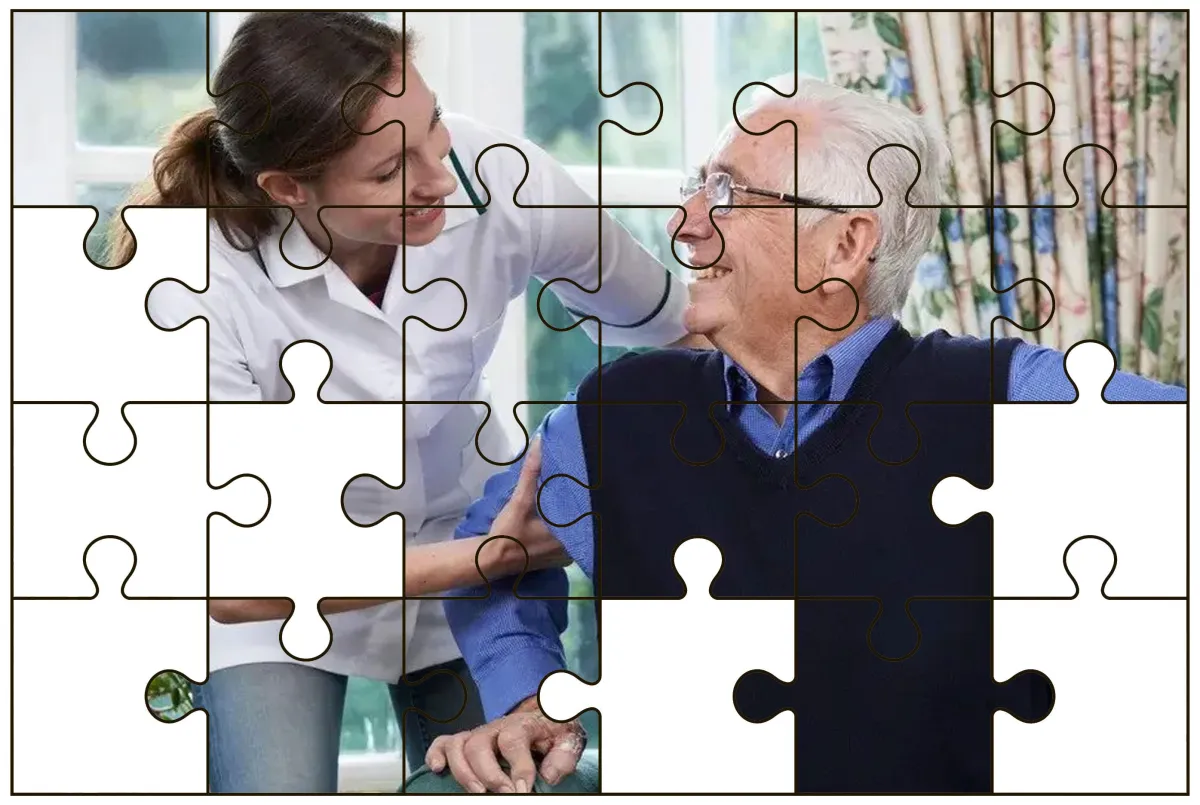
HOME HEALTH CARE
Home Health Care involves helping someone to recover from an illness or injury and is often provided after a person has had an inpatient stay or an outpatient surgery. This service requires a doctor’s referral. This is prescribed when a person is unable to get to follow-up appointments on their own or is not able to perform the basic recovery recommendations prescribed by their physician or surgeon. Home health care professionals are often licensed practical nurses, therapists, or home health aides. Most of them work for home health agencies, hospitals, or public health departments licensed by the state. The range of home health care services a patient can receive at home is limitless and because the services are medical in nature, Medicare, Medicaid and/or private health insurance may cover them.
IN-HOME CARE
Home Care is designed for people who have difficulty performing activities required in basic, day-to-day life. Home Care allows a person with special needs to stay in their home and may delay the need for long term nursing care. It might be for people who are getting older, are chronically ill, recovering from surgery, or disabled. Home care services can include companionship, medication reminders, grocery shopping and meal preparation, basic hygiene and toileting, and general housekeeping.

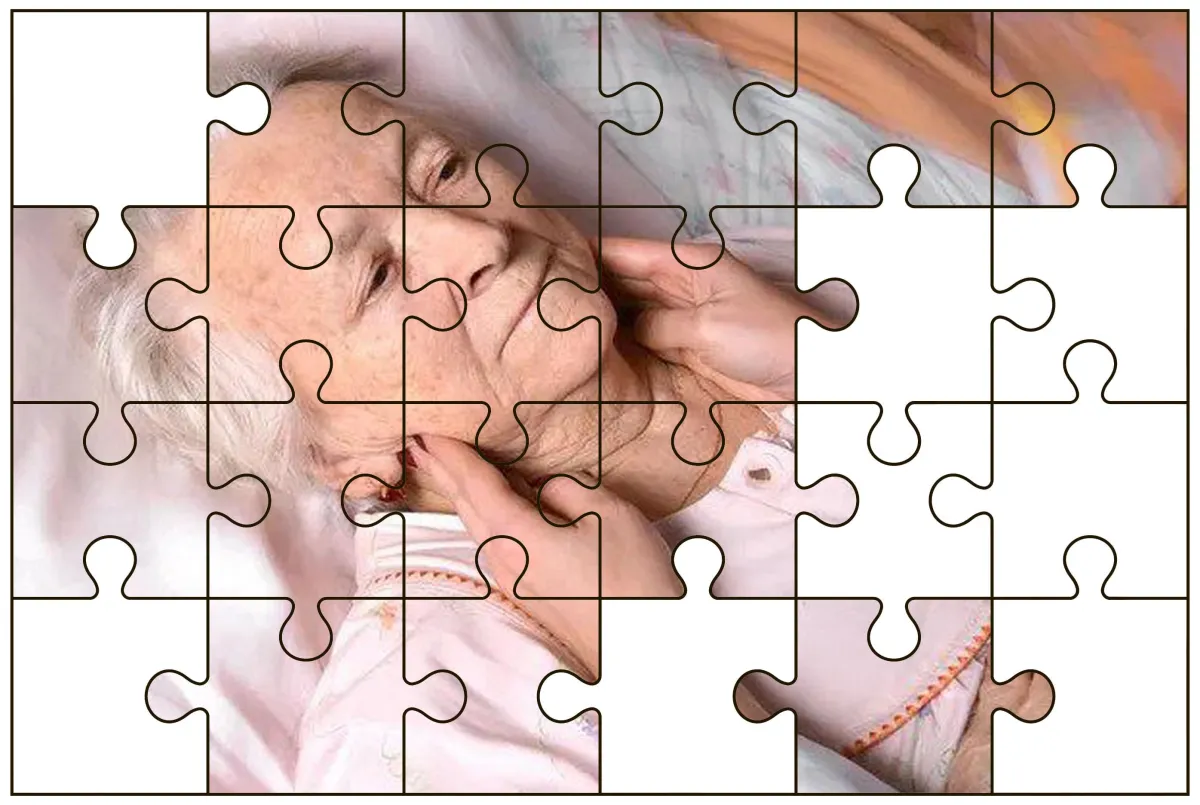
HOSPICE & PALLIATIVE CARE SERVICES
Hospice Care is for people who have learned from doctors that they are not expected to recover from their condition. It’s about easing pain and helping families prepare for the end of life. Palliative care aims to ease pain and help with other problems if illness is serious but not considered to be life-threatening for now.
ELDER LAW ATTORNEY
Elder law attorneys are advocates for seniors and their families. They can handle legal matters related to writing trusts and legal documents for health and legal protection, health care, long term care planning, guardianship, retirement, Social Security, Medicare/Medicaid, and other matters. They are considered “specialists” because of their focus. They focus on protecting older adults.


MOVE MANAGEMENT
The process of moving in Maryland can feel overwhelming, but our team is here to make it easy. Your move management company will streamline the entire moving process for you. You will receive personalized support from beginning to end, so that you can step into the next chapter of your life.
MISCELLANEOUS RESOURCES
Alzheimer’s Support
Cancer Service and Support
Contractors and Handymen
Downsizing, Packing, and Sorting Experts
Estate Sale Specialist
Financial Planners
House Cleaners
Insurance Providers
Moving Company
Senior Adult Wellness Program

I am your "EASY BUTTON" providing concierge service nationwide!
Exclusive Expertise: I am a Real Estate professional in Maryland holding SRES, CSHP, GRI, and Associate Broker designations specializing in seniors. I’m 1 out of 131 realtors that hold a CSHP Certification in the U.S.
Free Consultations: Personalized, no- obligation consultations to discuss and understand your unique needs.
Tailored Solutions: Customized guidance for downsizing, transitioning to senior living, and navigating the intricacies of real estate transactions.
Compassionate Support: Ensuring you feel supported, understood and informed throughout the entire process.
Seamless Transitions: Dedicated to making the often-complex real estate process smooth and stress-free.
Family Assistance: Specialized support for families and adult out-of-town children, facilitating smooth transitions for their parents' moves.
Downsizing Guide: Providing downsizing strategies for moving or aging in place, making it efficient and manageable for those looking to
simplify.
Senior Living Options: Establishing connections and offering insights into various living options, ensuring finding residences that align with their lifestyle and preferences
Vetted Service Providers: Access to our network of vetted service providers to assist in all aspects of your needs during your transition.
We are the missing piece of the puzzle for your home buying or selling experience
We are your "Easy Button" for all of your real estate needs!
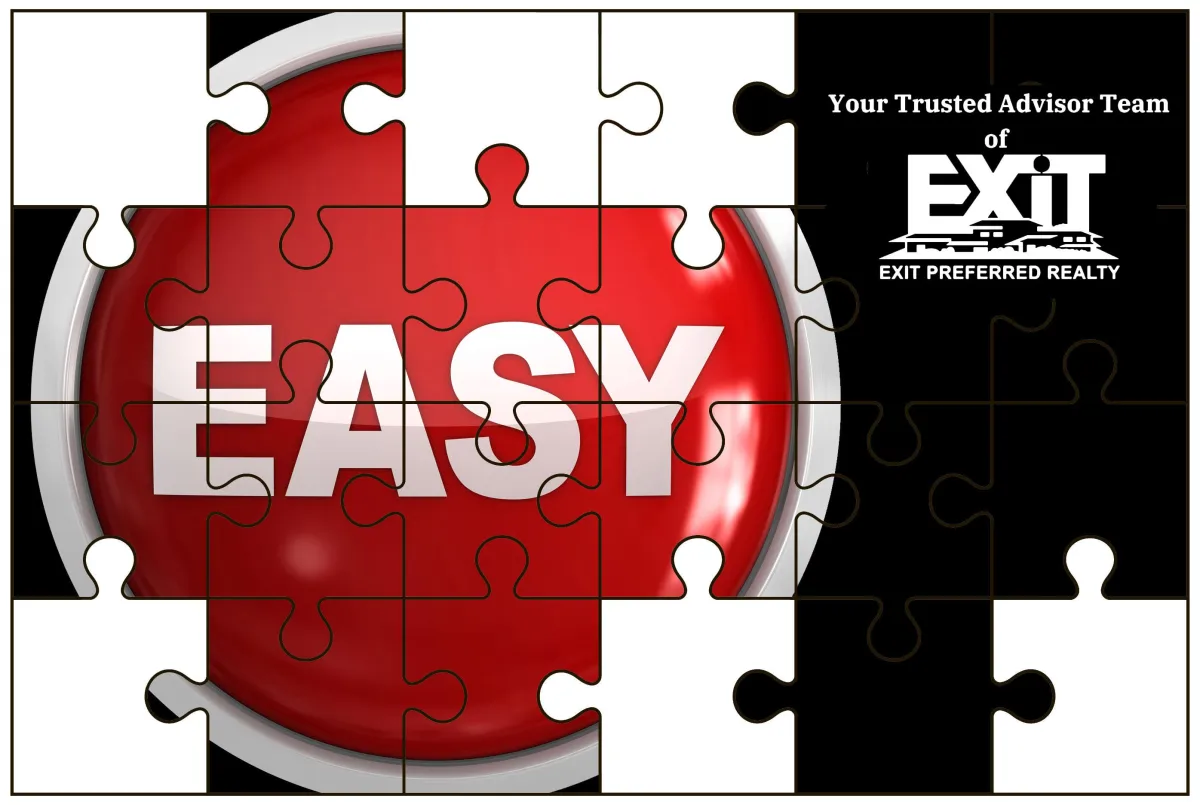
Frequently Asked Questions
Answers to Common Questions regarding Your Trusted Advisor Team
When should we begin talking with our parents about the possibility of moving?
Ideally, this conversation should first happen while everyone is healthy and mobile. The best time to begin the conversation is NOW.
Should we be looking at a condos, single family homes, or senior living communities?
Every person has different circumstances and so there is not a one-size-fits-all residential solution. If current or future healthcare is a top priority, a full service senior living community may be preferable.
How long do seniors usually contemplate a move before taking action?
Some people take longer than others. Many older adults who make the “sudden announcement” about relocating report to have been privately considering it for up to two years or more. Unless there is a crisis or other compelling reason to move quickly, it is typically best to allow older adults to process the decision in their own time.
How many senior living communities should we visit before making a commitment?
Visit all available communities that offer needed or desired services and amenities within your geographic area and then re-visit them. This is not a decision that should be made in a rush, so take the time necessary to feel confident in your choice.
Is there financial assistance to help cover assisted living costs?
Assisted living communities provide various levels of care, some of which may be covered by certain long-term care insurance policies. If you have this type of insurance, contact the company in advance and inquire as to whether your policy has an assisted-living benefit. Veteran’s aid and attendance benefits can also be applied toward assisted living care (veteranaid.org). Some, but few, assisted living communities accept Medicaid.
